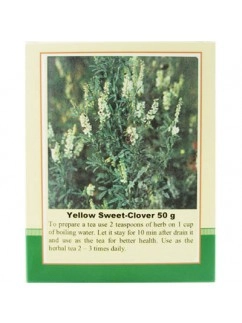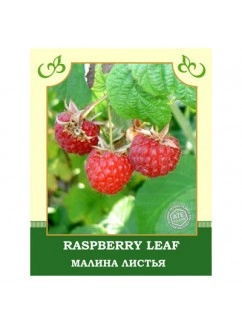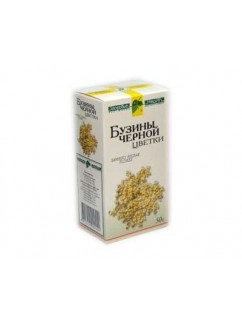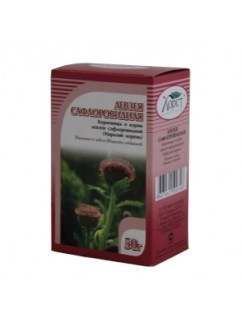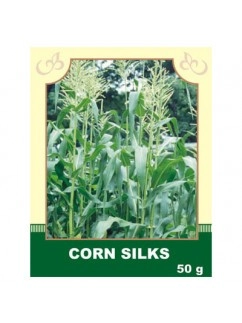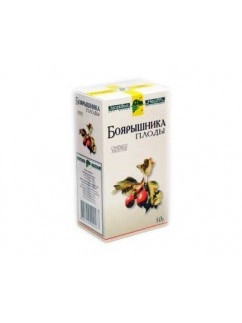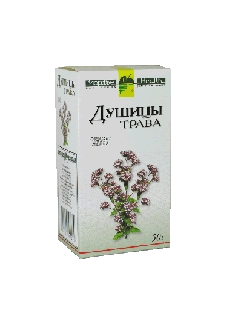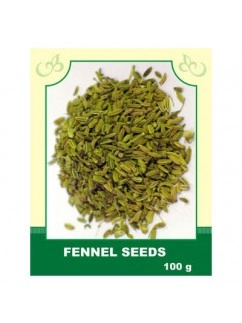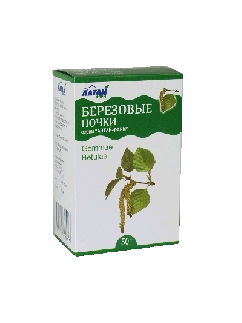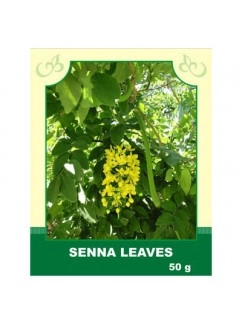Herbs
- It helps promote lymphatic drainage and reduces fluid retention, particularly in the tissues of the vein wall.$6.99
Internally, the infusion of the leaves is taken for the following conditions:
- Respiratory organ diseases;
- Cough and feverish conditions;
- Diarrhea;
- Enterocolitis;
- Gastric bleeding;
- Hemorrhoids;
- Abundant menstruation.
Method of application and dosage: Steep 2 tablespoons of dried leaves in 500 ml of boiling water, infuse for 2 hours. Take 1/2 cup 4 times a day before meals.
Externally, the leaves are used:
- For rinsing in stomatitis, pharyngitis, and angina;
- For compresses and moistening the body surface in skin diseases.
Contraindications: Individual intolerance.
$5.99- Diaphoretic for colds, they rinse their mouth and throat when laryngitises and angina. Has a tonic, diaphoretic, expectorant, laxative, diuretic effect. Used for rheumatism. Unripe fruit of elderberry are poisonous, they act as a strong diuretic and laxative and contain prussic acid, ripe - completely safe and edible.$9.49
- Popular names for Linden are Tilia and Lime. Lime flowers are a popular domestic help for a number of ailments, especially in the treatment of colds and other ailments where sweating is desirable. Active ingredients in the lime flowers include flavonoids (which act as antioxidants), volatile oils, and mucilaginous constituents (which soothe and reduce inflammation). The plant also contains tannins that can act as an astringent. The flowers were added to baths to quell hysteria, and steeped as a tea to relieve anxiety-related indigestion, irregular heartbeat, and vomiting. Tilia flowers are used in colds, cough, fever, infections, inflammation, high blood pressure, headache (particularly migraine), as a diuretic, antispasmodic (reduces smooth muscle spasm along the digestive tract) and sedative.$8.99
Internally, it is taken as a cholagogue for cholecystitis, cholangitis, hepatitis with delayed bile secretion; as a diuretic for kidney stones and bladder stones, dropsy, and obesity; in the treatment of atherosclerosis and hypertension; in gynecology.
Method of application and dosage: 3 tablespoons of raw material are poured with 200 ml of boiling water, heated in a water bath for 30 minutes, infused for 10 minutes at room temperature, strained, squeezing out the remaining raw material. The resulting infusion is brought to the original volume, taken in 1/4 cup every 3-4 hours.
Contraindications: individual intolerance.
$6.99- Hawthorn is a plant very popular in Chinese and Japanese medicine. The plant is believed to strengthen cardiovascular function. Hawthorn is also used as an aid to lower blood pressure, lower cholesterol, and treat some heart related diseases. The herb called the hawthorn is one of the best herbs to boost the performance of the heart and the human circulatory system in general. Regular supplementation with this herb can thus help bring some balance blood pressure and it is considered to be excellent for heart.$6.99
- Oregano herb contains volatile oils, tannins, ascorbic acid. Oregano is usually thought of as a culinary herb, but it has been used medicinally for thousands of years. Oregano is a powerful antiseptic; it also has calming, diuretic, cholagogic properties.$6.99
Internally: Fennel fruits are prescribed for spasmodic colitis, flatulence, to improve appetite, digestion, bile secretion, as well as for diseases of the biliary and urinary tracts and other diseases. The infusion is especially often prescribed in pediatrics (in the form of dill water) for abdominal pain in children; for bronchitis and diseases of the upper respiratory tract; for lactation in breastfeeding women.
Method of application and doses: 2 tablespoons of fennel seeds are poured with 200 ml of boiling water, boiled in a water bath for 15 minutes, infused at room temperature for 45 minutes, strained. The ready infusion is brought to the original volume and taken in 1/3 cup 3-4 times a day.
Externally: Gives a good therapeutic effect in the treatment of fungal skin diseases.
Contraindications: Individual intolerance.
$6.99- Birch Buds contain volatile oils, ascorbic acid, bitters, flavonoids, tannins, sugars. Decoction and infusion of birch buds are considered to have diuretic, antiseptic, anti-inflammatory, cholagogic and wound healing properties. Some medics observed great increase of urination under influencing of this decoction and substantial abatement of edemas even when other heart and the diuretics did not help.$9.99
Внутрь: принимают в качестве слабительного средства при атонии толстого кишечника, хронического запора, для регулировки стула при геморрое, проктите, анальных трещинах. Считается эффективным средством для похудения.
Способы применения и дозы: 1/2-1 ст. ложку сырья заливают кипятком, настаивают до остывания. Принимают по 1/4 - 1/2 стакана на ночь.
Противопоказания: Индивидуальная непереносимость, избегать длительного употребления; не применять при беременности, кормлении грудью и непроходимости кишечника.
$5.99


